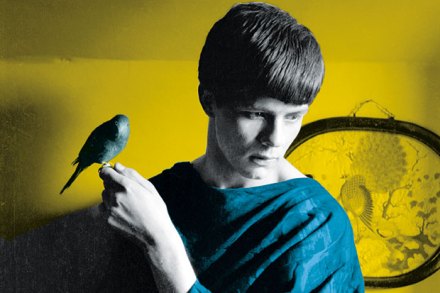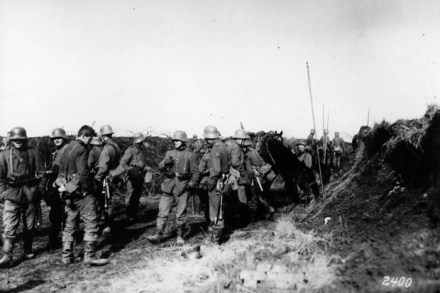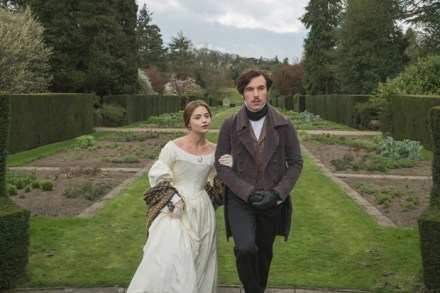Love and death
From ‘Romance’, The Spectator, 4 November 1916: There is indeed a glamour and a pathos about the private soldier, especially when, as so often happens, he is really only a boy… You can’t help loving him. Most of all, when he lies still and white with a red stream trickling from where the sniper’s bullet has made a hole through his head, there comes a lump in your throat that you can’t swallow, and you turn away so that you shan’t have to wipe the tears from your eyes.


















